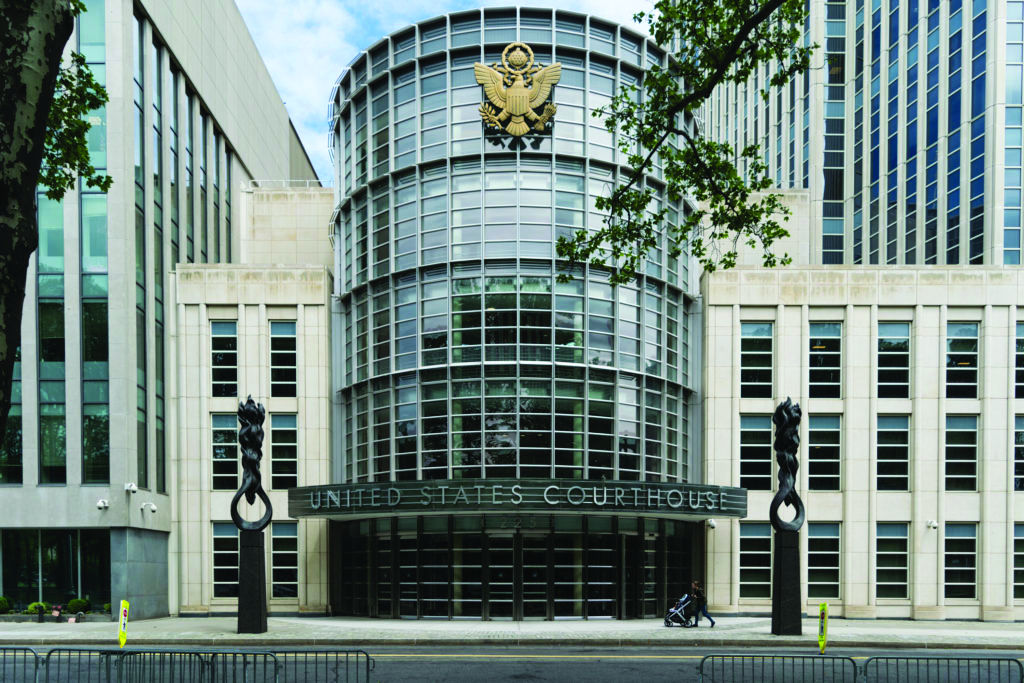El Boutary v. City of New York, 18 civ 3996 (ARR) EDNY
December 2018
After a lesbian couple accused an Uber driver of evicting them from his car and after they posted a video of their berating the driver on social media, the story was reported around the world, leading to the TLC summarily suspending the driver without any investigation whatsoever. After a ruling that strongly suggested that the TLC's actions were unconstitutional, the TLC agreed to a settlement that restored his license and more than compensated the driver for his lost income and paid his attorney's fees.
The heart of the court's decision focused on the shoddiness of the TLC's investigation of the allegations. It said:
The plaintiff argues that the risk of error in this case was large because the TLC's investigation was based on “tabloid news stories . . . and
omit[ted] even a conversation with the driver.” Pl.'s Br. 14. By contrast, the defendants argue that the “contemporaneous video of the altercation provided a reasonably reliable basis for TLC's summary suspension of plaintiff's license.” Defs.' Br. 12.
On the facts described in the plaintiff's complaint, “the risk of error inherent in the truthfinding process” (Mathews, 424 U.S. at 344) was clear. After hearing from the media about an altercation of which they had no first-hand knowledge (see Defs.' 56.1 Resp. ¶ 22), TLC officials allegedly reached out to and took a statement from the passengers without inquiring into the plaintiff's account of the incident (see Am. Compl. ¶ 31). Cf. Padberg, 203 F. Supp. 2d at 278 (observing “the obvious possibility for error” where drivers “are stripped of their licenses before they are afforded the opportunity to present their side of the story”).11 TLC officials thus would have had no way of knowing whether the passengers' allegations of wrongful conduct were true or false.
Although the defendants argue that they had seen “video corroborating portions of the passengers' account” (Defs.' Opp'n 8, ECF No. 41), that video was recorded by the passengers themselves (see Defs.' 56.1 Resp. ¶ 15), and the passengers were therefore undoubtedly familiar with it. What is more, having reviewed the video, I agree with the ALJ's assessment that “[a]t no point during the video does [the plaintiff] grab anyone, touch anyone's cell phone, . . . or yell at either passenger. Nor does [the plaintiff] mention the sexual orientation of either passenger” (R. & R. 8). The video thus corroborates nothing more than that the plaintiff argued with and refused service to the passengers because they had kissed. As to every other charge against the plaintiff, the TLC allegedly relied solely on the passengers' word. As Judge Dearie explained in Padberg, “[i]t is the subjective nature of the evidence . . . that distinguishes this case from other cases where predeprivation hearings were not required.” 203 F. Supp. 2d at 278. The defendants cite Gilbert for the proposition that government may dispense with a predeprivation opportunity to be heard in certain “limited cases” (Defs.' Br. 11 (quoting Gilbert, 520 U.S. at 930–31)), but this case is not one of them. For it lacks the “substantial assurance that the deprivation is not baseless or unwarranted” that was necessary to the Court's holding in Gilbert, 520 U.S. at 931. ...
In this case ... no impartial government official or independent third party had any personal knowledge of the incident, nor did the plaintiff have even an informal opportunity to tell the TLC his version of events. Assuming the facts alleged in the complaint, I find that the second Mathews factor weighs heavily in the plaintiff's favor.
Practice area(s): Constitutional Law
Court: Eastern District of New York


